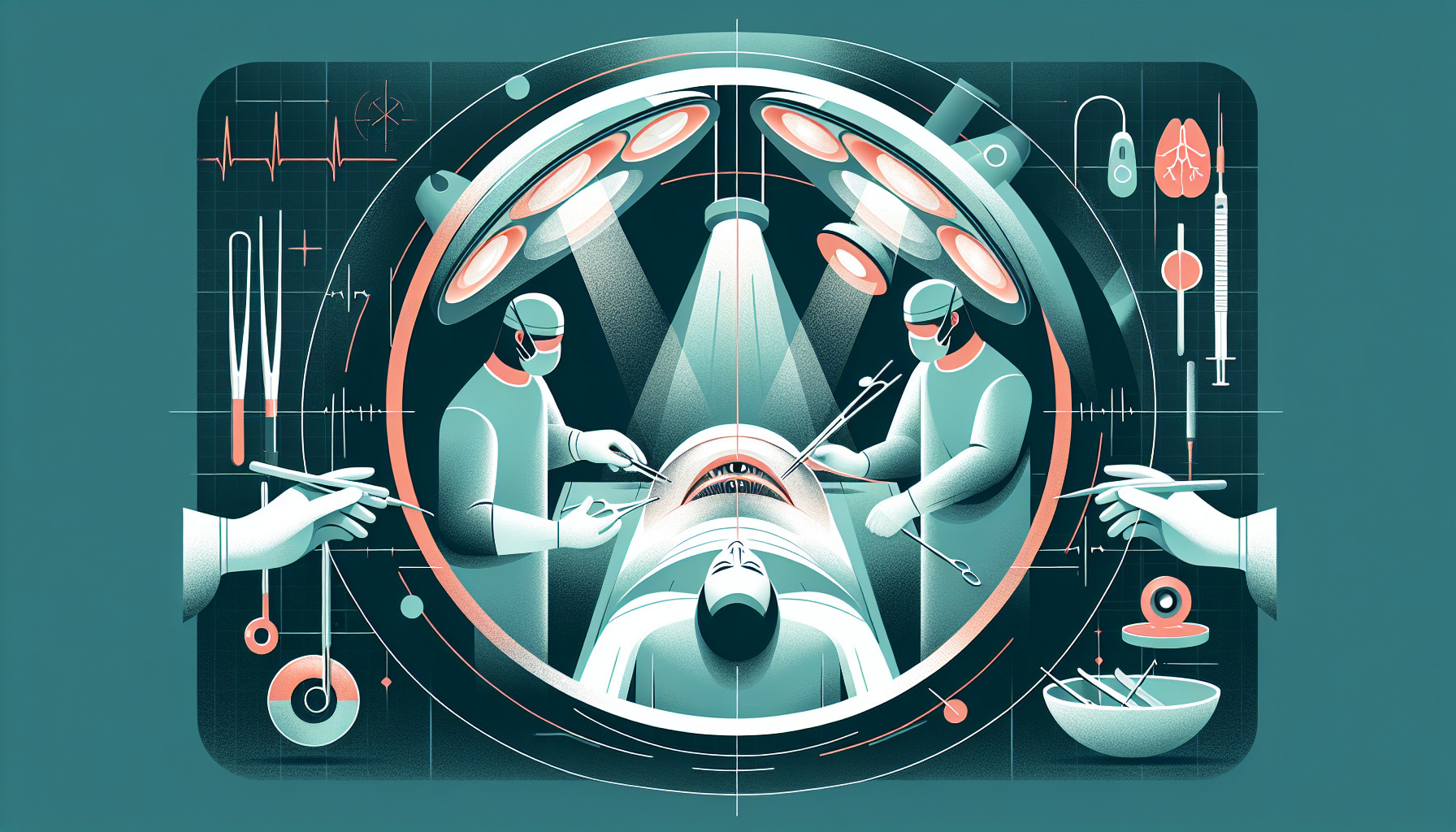Our Summary
This research paper examines the results of small incision cataract surgeries performed on veterans within the Veterans Health Administration System in the US over a period of 11 years. The study specifically focused on patients who did not have any other eye diseases except for the cataract. The results showed a significant improvement in vision after the surgery compared to before it was performed. This improvement was stable over the first year following the surgery. Most of the patients, including those who experienced complications during the surgery, had a final vision of 20/40 or better. The most common complications were vitreous loss and cystoid macular edema. Despite these complications, patients still achieved good final vision. These findings suggest that small incision cataract surgery is effective and safe for veterans without any pre-existing eye diseases.
FAQs
- What was the main focus of the research study on small incision cataract surgeries within the Veterans Health Administration System?
- What were the most common complications experienced by patients who underwent small incision cataract surgery, and how did it affect their final vision?
- Did the research study find small incision cataract surgery to be effective and safe for veterans without any pre-existing eye diseases?
Doctor’s Tip
A helpful tip a doctor might tell a patient about cataract surgery is to follow all pre-operative instructions provided by the surgeon, such as avoiding eating or drinking before the surgery and stopping certain medications. It is also important to have a designated driver to take you home after the procedure, as you may not be able to drive immediately. Lastly, be sure to attend all follow-up appointments to monitor your progress and ensure proper healing.
Suitable For
Typically, patients who are recommended for cataract surgery are those who have significant visual impairment due to cataracts that cannot be corrected with glasses or contact lenses. Other factors that may indicate the need for cataract surgery include difficulty with daily activities such as reading, driving, or watching television, as well as a decrease in overall quality of life due to poor vision.
Patients with cataracts may also experience symptoms such as blurry or cloudy vision, difficulty seeing at night, sensitivity to light, glare, and double vision. These symptoms can significantly impact a person’s ability to function and perform daily tasks.
Additionally, patients with cataracts who have other eye conditions such as glaucoma, macular degeneration, or diabetic retinopathy may also be recommended for cataract surgery if their vision is significantly affected by the cataracts.
Overall, the decision to undergo cataract surgery is typically based on the severity of visual impairment and the impact it has on a person’s quality of life. It is important for patients to discuss their symptoms and concerns with their eye care provider to determine if cataract surgery is the best option for them.
Timeline
Before cataract surgery:
- Patient notices blurry or cloudy vision, difficulty seeing in low light, glare or halos around lights, and colors appearing faded or yellowed.
- Patient consults with an ophthalmologist who confirms the presence of a cataract and discusses treatment options.
- Pre-operative tests and measurements are conducted to determine the appropriate intraocular lens (IOL) for the patient.
- Patient receives instructions on pre-surgery preparations, such as fasting before the procedure and discontinuing certain medications.
- Patient undergoes cataract surgery, which typically takes about 15-30 minutes and is performed on an outpatient basis under local anesthesia.
After cataract surgery:
- Patient may experience mild discomfort, itching, or irritation in the eye immediately after surgery, but this typically resolves within a few days.
- Patient is prescribed eye drops to prevent infection and promote healing.
- Patient is advised to avoid strenuous activities, rubbing the eye, and getting water in the eye during the initial recovery period.
- Follow-up appointments are scheduled to monitor healing and assess vision improvement.
- Patient gradually experiences improved vision as the eye heals, with full recovery typically achieved within a few weeks.
- Patient may need new glasses or contact lenses to optimize vision after the surgery.
- Patient enjoys clearer, sharper vision and improved quality of life following successful cataract surgery.
What to Ask Your Doctor
What are the risks and potential complications associated with cataract surgery?
What type of cataract surgery is recommended for my specific condition (e.g. traditional cataract surgery, laser-assisted cataract surgery, small incision cataract surgery)?
What is the success rate of cataract surgery in patients with similar characteristics to mine?
How long is the recovery period after cataract surgery and what can I expect during this time?
Will I need to wear glasses or contact lenses after cataract surgery?
How soon after cataract surgery can I resume my normal activities, such as driving or exercising?
What are the potential long-term effects of cataract surgery on my vision?
Are there any alternative treatments to cataract surgery that I should consider?
How often will I need to follow up with my eye doctor after cataract surgery?
Are there any specific precautions I should take before and after cataract surgery to ensure the best possible outcome?
Reference
Authors: Magone MT, Kueny L, Singh GA, Chin Loy K, Kim CH, Grover W, Shin SY. Journal: Mil Med. 2019 Jul 1;184(7-8):e191-e195. doi: 10.1093/milmed/usy375. PMID: 30690510
